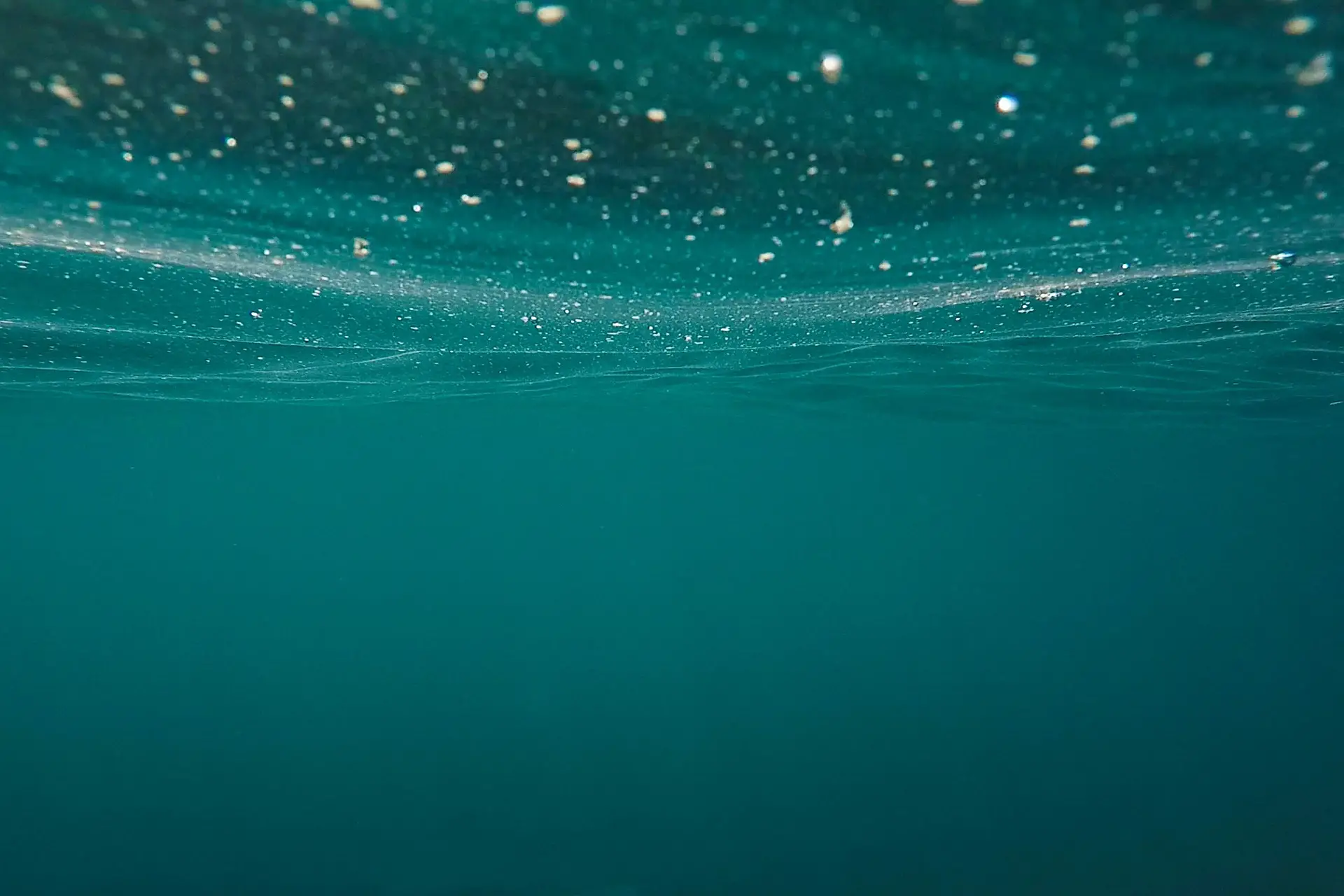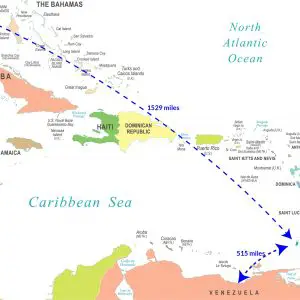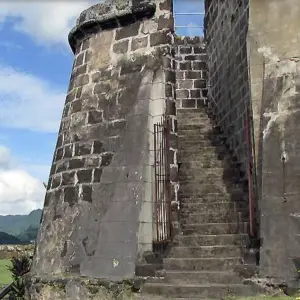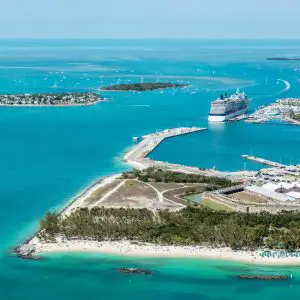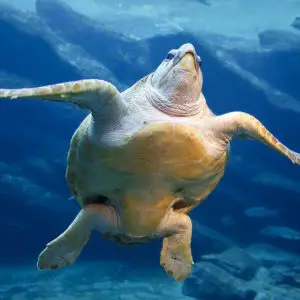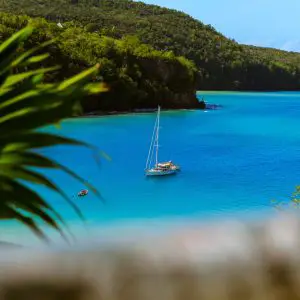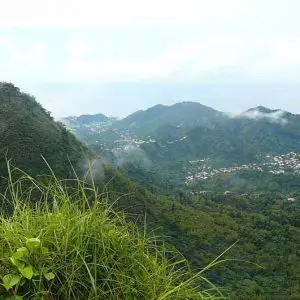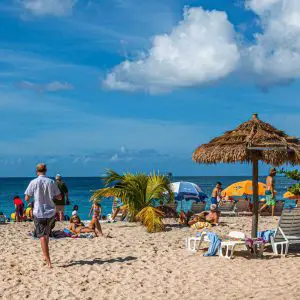Discover how Grenada is participating in the blue economy and why tourists should care.
This guide outlines everything you need to know about these things, including:
- What is the blue economy?
- What’s the difference between the blue economy and blue growth?
- Why is the blue economy important?
- How is Grenada participating in the blue economy?
- Why should tourists care about the blue economy in Grenada?
What is the blue economy?
The blue economy refers to an economy that relies upon the ocean and the coastal environment. It focuses on the sustainable use of the ocean and its resources, including the use of these resources to have a positive impact on economic growth, jobs, living conditions, and the ocean’s ecosystem.
The blue economy approach consists of numerous categories:
Fisheries
Ocean fishing companies make a huge contribution to the global economy, providing around $270 billion USD per year to the global GDP. Given their impact, this industry must focus on sustainable practices. More sustainable fishing can have a range of benefits, including more fish, greater revenue, and continued restoration of fish in the ocean.
Waste Management
Garbage and waste are well-known problems, especially concerning our oceans. 80% of the rubbish found in the ocean (and thus contributing to the deteriorating health of our underwater plants and wildlife) comes from land sources.
The blue economy focuses on improving waste management processes to improve the health of our oceans.
Maritime Trading
We are increasingly using sea transportation to move goods around the world. The overall volumes of goods traded by sea are estimated to double in the next two years and quadruple by 2050.
With over 80% of international trade currently using the ocean to transport goods, we must focus on optimizing this service to improve effectiveness and minimize its impact on the ocean and sea life.
Climate Change
We are seeing the impact of climate change through rising sea levels, as well as changing currents and coastal erosion. Mitigating climate change is likely to have a positive impact on the ocean environment.
Renewable Energy
Renewable energy is trending at the moment and for a good reason. Finding and implementing viable renewable energy sources is a great way to ensure a positive impact on societies and the economy.
Tourism
Most people love a trip to the beach or an island destination. With ocean places being a huge draw for tourists, visitors must be managed effectively. The focus should be on managing tourism to stimulate economic growth and create jobs, while also looking after these areas to ensure preservation.
What’s the difference between a blue economy and blue growth?
The blue economy and blue growth are two related concepts, but they do refer to slightly different things.
Blue economy refers to the use of the ocean to stimulate the economy. It focuses on a range of areas to improve effectiveness in industries such as fishing and transport, but also pays attention to sustainable practices that promote ocean health.
Blue growth, on the other hand, is specifically focused on the expansion of marine activities.
It entails planned activities to make the most of the ocean and coastal areas through income generation. It also has a sustainability component, with the theory being that healthier oceans facilitate greater productivity in ocean-related industries. Therefore, this also places a focus on improving the health and preservation of our oceans and the coast.
Why is the blue economy important?
A sustainable blue economy revolves around renewable energy and clean technology to stimulate the ocean-based economy. The idea is that this type of system protects and preserves our oceans, which will help to stimulate the blue economy and generate benefits for generations to come.
Overall, the blue economy is worth over $24 trillion solely in assets. This figure alone means this economy is worth paying attention to. Each year, the blue economy generates at least a further $2.5 trillion from a combination of tourism, fishing, and shipping.
Given that this contributes to a big portion of the world economy, investments in the blue economy are very important.
The ocean needs to be a priority as it facilitates all of the industries that contribute to the blue economy. If this economy were to decline, it would have a huge impact on different countries and individuals. People would lose their jobs, there would be fewer fish to eat, and countries would lose much-needed income if ocean tourism were to decline.
The blue economy’s two aspects (the economic side and the sustainability aspect) both need to be managed effectively to ensure the economy continues to thrive.
How is Grenada participating in the blue economy?
Grenada, like many countries in the Caribbean, relies on the blue economy to address issues like poverty and unemployment. A lot of their income is generated through tourism, fishing, and shipping, so the ocean is vital to their ability to survive and thrive.
They also face unique challenges with ocean-based natural disasters and poorly planned infrastructure along their coasts that put them at risk when natural disasters hit. This means that the blue economy’s focus on preserving a healthy ocean is especially important for the country.
For these reasons, Granada has implemented a range of initiatives through its Blue Growth Coastal Master Plan to help maintain its ocean and stimulate economic growth. They are at the forefront when it comes to investing in the blue economy, being the first country in the region to implement a program dedicated solely to this purpose.
The Blue Growth Coastal Master Plan focuses on a range of marine sectors, from tourism, leisure, and services to shipping, research, and fisheries.
In the plan, Granada made the following commitments to support the blue economy:
- Development of partnerships with the government and conservation organizations to protect the ocean
- Adjusting tourist practices (especially sailing, diving, and fishing) to ensure they are sustainable and not damaging to the ocean and its ecosystems
- Working with ‘grassroots’ groups in coastal communities to establish initiatives to support a blue economy
Why should tourists care about the blue economy in Grenada?
Tourists must recognize the blue economy in Grenada for two reasons. First, their focus and dedication to the cause should be admired and respected.
A focus on sustainable practice for ocean-based activities is positive progress, and Grenada is a leader in this space. It improves tourism, improving the experience for travelers, while also taking a broader, more planned approach to stimulating the economy.
Second, tourists need to acknowledge these blue economy initiatives so they can act appropriately when they visit Granada. As travelers, we can make an impact positively or negatively.
The priority that Granada places on these initiatives helps to educate tourists on behaviors that are good for the ocean environment, and those who are having a detrimental impact. This knowledge will aid in visitors acting more mindfully and doing what they can to minimize their impact.
Summary
To recap, here are the major points I hope you take away from this article:
- The blue economy is the name given to an economy that relies on the ocean. It has a sustainable component as looking after the ocean and its ecosystems is the best way to optimize productivity and ensure we keep experiencing the benefits.
- Grenada relies on the blue economy for tourism, fishing, and shipping. It is extremely important for the livelihood of its residents. Grenada has implemented a range of initiatives to support the blue economy through its Blue Growth Coastal Master Plan. This focuses on a range of areas, including tourism, business, shipping, and research.
